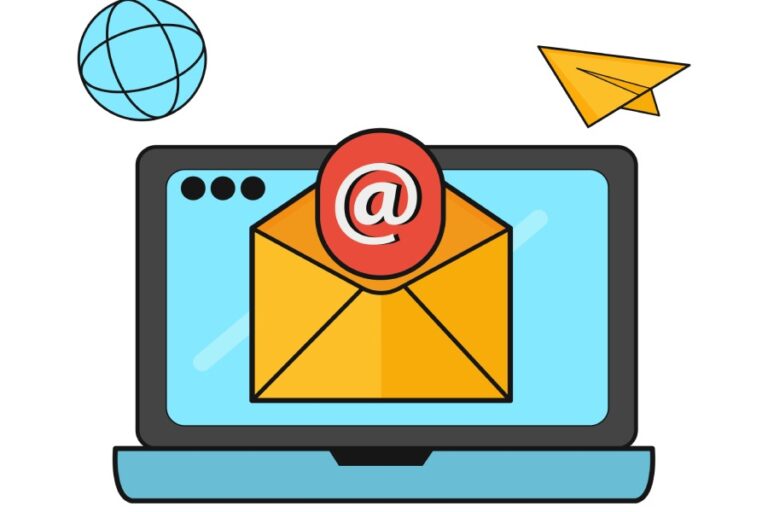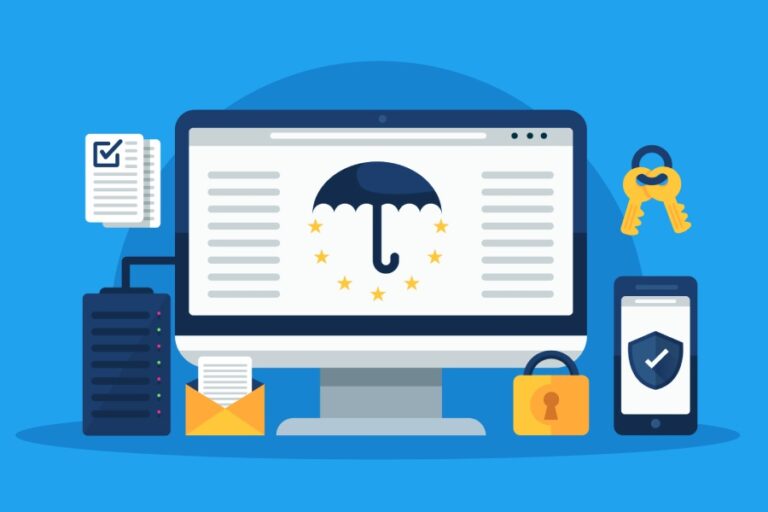
What is the difference between Sender Policy Framework and Sender ID?
Here’s a harsh truth: Email is not inherently secure, and it never was! Back in 1995, when the primitive version of SMTP (Simple Mail Transfer Protocol) was introduced, it was only supposed to ensure that emails were being delivered; there was nothing done to confirm their authenticity and legitimacy. It was this lack of security…

How does DMARC shield your business from different email-based cyber threats?
The last two decades have witnessed a steep surge in cyberattacks, and 2025 is not going to be any different. What’s extremely concerning is that as many as 3.4 billion emails are sent out by threat actors every single day! This is precisely why businesses, as well as individuals, must prioritize cybersecurity at any cost….

Apple Fixes USB, Embargo Leaks Data, Politics Hinder Cybersecurity
It’s the second week of February, and we are back once again with our weekly dose of fresh cyber news. Threat actors around the world are trying their best to sneak into systems and networks to impart critical damage. Meanwhile, cybersecurity experts are doing their best to curb this growing menace. Experts believe that rapid…

Learning to find the source owner using the ‘envelope_to’ domain
An ‘envelope_to’ domain is the domain in the recipient’s email address. This address can be used to understand how some of the legitimate emails are failing DMARC checks. If you are unsure about the troubleshooting methods, using the ‘envelope_to’ domain to find the source owner is a wise choice. Using this technique, you get to…

Cybercriminals Target X, Nigeria Fights Cyberattacks, Threat Actors Attack
A fresh new month, a brand new starting. Yes, it is the month of February, and some of you are aiming to crush your Q1 2025 goals, while others are getting a bit tired of the 2025 New Year resolution rush. Businesses, brands, and e-commerce platforms are running lucrative offers to lure consumers into splurging…

What problems trigger an SPF record to break and how do you fix them?
A broken SPF record doesn’t act as a defense mechanism against phishing and spoofing attacks. In fact, a broken SPF record itself acts as a security vulnerability that a threat actor can exploit at any time. The main reasons why an SPF record breaks are misconfigurations, incomplete listings of mail servers, or failure to stay…
RFC 5322 laid down email security specifications for Sender Policy Framework
RFC 5322 defines the syntax for Internet email headers. SPF, DKIM, and DMARC rely on these headers to authenticate emails and prevent phishing. Published in October 2008 as an update to RFC 2822, RFC 5322 is widely used for formatting email headers and bodies. RFC 5322 doesn’t say anything about how SPF should be set…

Lynx Ransomware Professionalized, Super Bowl Cyberthreats, AI Chatbot Cybercrime
It’s the 5th week of January, and the entire world is tackling the January rush. While some people have already given up on their 2025 resolutions, the dedicated ones are proceeding with full discipline. Brands and businesses are working at their productive best to meet 2025 revenue goals. However, another group that is equally active…
